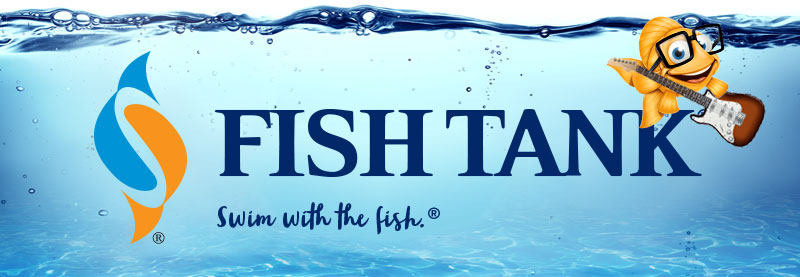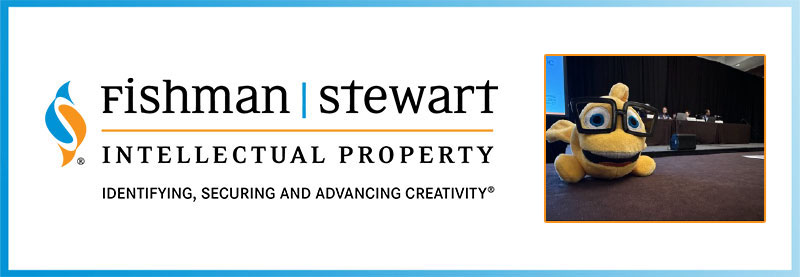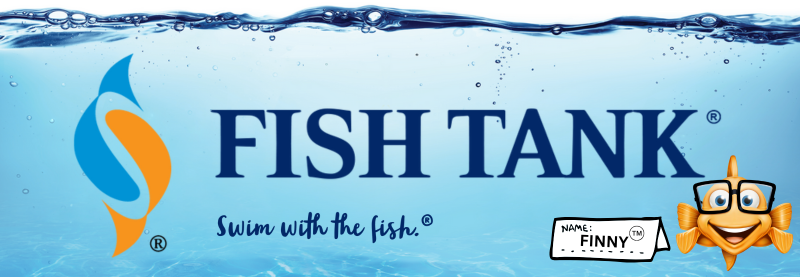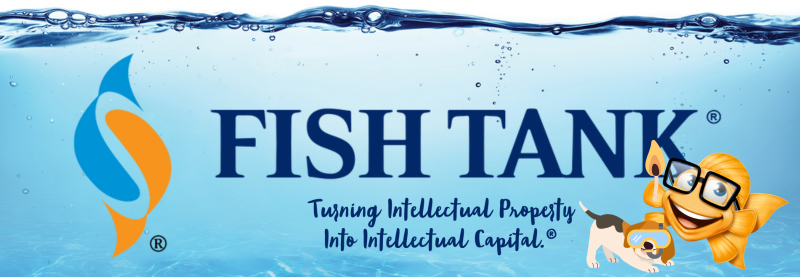Intellectual Property Insights from Fishman Stewart PLLC
Newsletter – Volume 24, Issue 12
Share on Social

A Split Decision: When Band Owners Disband, Who Owns the Brand?
Fights over ownership of band names seem to make up a disproportionate share of trademark disputes.
Perhaps this is not surprising.
Bands often start out as creative endeavors among friends, and bands may not prove lucrative for many years, if at all. Until bands break up, thought and planning may not be given to who is the owner of the band names and entitled to use them going forward.
Some of the biggest bands in rock history have seen name ownership disputes, including The Beach Boys, Creedence Clearwater Revival, The Doors, Talking Heads, Sister Sledge, The Isley Brothers, and Stone Temple Pilots, to name just a few.
The norm in the music industry is that an artist or group generally owns its own name. However, in the case of “concept groups” such as Menudo, New Kids on the Block, and Spice Girls, ownership by management is common.
Management recruits and casts concept group band members and controls the image and style of the group, functioning like the producer of a theater company. Ownership of the band names by management has been recognized and confirmed by the U.S. Trademark Office and the courts. Often, disputes will turn on whether or not the band is a concept group, as in the recent case involving the band name SPLIT DECISION.
In determining trademark ownership, the courts and the Trademark Office consider the parties’ objective intentions or expectations, who the public associates with the mark and to whom the public looks to stand behind the quality of goods or services offered under the mark.
In the SPLIT DECISION case, notwithstanding a management agreement that specified “Musician acknowledges that the names of the bands and that the trade secrets and confidential information are owned and shall continue to be owned solely by the Manager,” the band’s use of SPLIT DECISION predated the agreement by two decades.
Evaluating the relevant factors, the Trademark Trial and Appeal Board determined that the band members owned SPLIT DECISION, not the manager.
Pharrell Williams is one of the most recent musicians to be involved in an ownership dispute.
Pharrell Williams and Chad Hugo are the two members of the hip-hop production duo The Neptunes. Pharrell Williams’ PW IP Holdings, LLC, filed trademark applications for THE NEPTUNES for a variety of goods and services. Chad Hugo recently petitioned to cancel two registrations for THE NEPTUNES for musical recordings and opposed registration of three applications for THE NEPTUNES for music-related goods, entertainment services, and streaming services. At issue is the claim of ownership of THE NEPTUNES by PW IP Holdings, LLC, alone. These proceedings are currently pending.
Finally, an update to our previous story about Winnie-the-Pooh entering the public domain: The slasher film Winnie-the-Pooh: Blood and Honey won big this awards season, sweeping the five categories it was nominated for: picture, director, screenplay, screen couple and remake/rip-off/sequel. We’re talking the Razzie Awards, of course.
On January 1, 2024, The House at Pooh Corner by A.A. Milne entered the public domain, which means that Tigger, who first appeared in this book, is now also in the public domain. Winnie-the-Pooh: Blood and Honey 2 was released on March 26, 2024, and Tigger is featured in this sequel.
Michelle Visser is a partner of Fishman Stewart, with over 25 years of experience practicing trademark law with other members of the firm’s Trademark Group.

Fishman Stewart Attends AIPLA!
Fishman Stewart attorneys, Michael Stewart and Kristyn Webb, attended the Spring Meeting of the American Intellectual Property Law Association in Austin, Texas. Michael and Kristyn coordinated a panel on “The IP of Music” featuring Jim Jesse, Judith Finell, and Roy D’Souza. Daphne Lainson moderated—and danced!


Related Content from Fishman Stewart
In February, Nike and Skims announced that they will be working together on a new brand, NikeSkims. The co-brand will create a new line of training apparel, footwear, and accessories specifically designed to meet the unique needs of women athletes.
Generally, federal courts have exclusive jurisdiction over copyright cases, and often, this presents an insurmountable paywall for individual artists and small businesses to vindicate their rights, especially where the value of the individual copyrighted works are relatively low.
Dedicated to raising public awareness about the importance of encouraging innovation and creativity throughout the world, the World Intellectual Property Organization (WIPO) annually observes World Intellectual Property Day on April 26 to showcase the role that patents, trademarks, industrial designs, copyrights and trade secrets play in our everyday lives.
Hold onto your foam fingers, sports fans – college sports just got a whole lot more interesting! The latest updates to Name, Image, and Likeness (NIL) rules are making student-athletes bigger than ever, and it’s not just about the game anymore.
Did a federal court in Louisiana recently decide that US copyrights are global rights? It seems so.
L.A.B. Golf aims to protect its innovations, and therefore its market position, owning three patents for its zero-torque design. The question now is whether L.A.B. Golf can withstand the wave of copycat designs.
One of his most famous songs, “Lose Yourself” was recently at the center of a lawsuit. In 2019, Eminem’s publishing company Eight Mile Style sued Spotify claiming that Spotify streamed a number of its musical compositions without proper licenses.
Our latest article tackles three common trademark questions: 1. Can I trademark my own name? 2. Can I trademark the name of a fictional character? 3. Can I trademark the name of a U.S. president or British royal?
One of the most common challenges is whether AI should be free to train on data that is protected by copyright and owned by third parties without first obtaining permission.
Like the titles of single creative works, character names do not generate trademark rights unless used for a series of creative works (meaning two or more). A year ago, Jane Wick, LLC filed a trademark application for the mark JANE WICK in logo format.
IDENTIFYING, SECURING AND ADVANCING CREATIVITY®

















